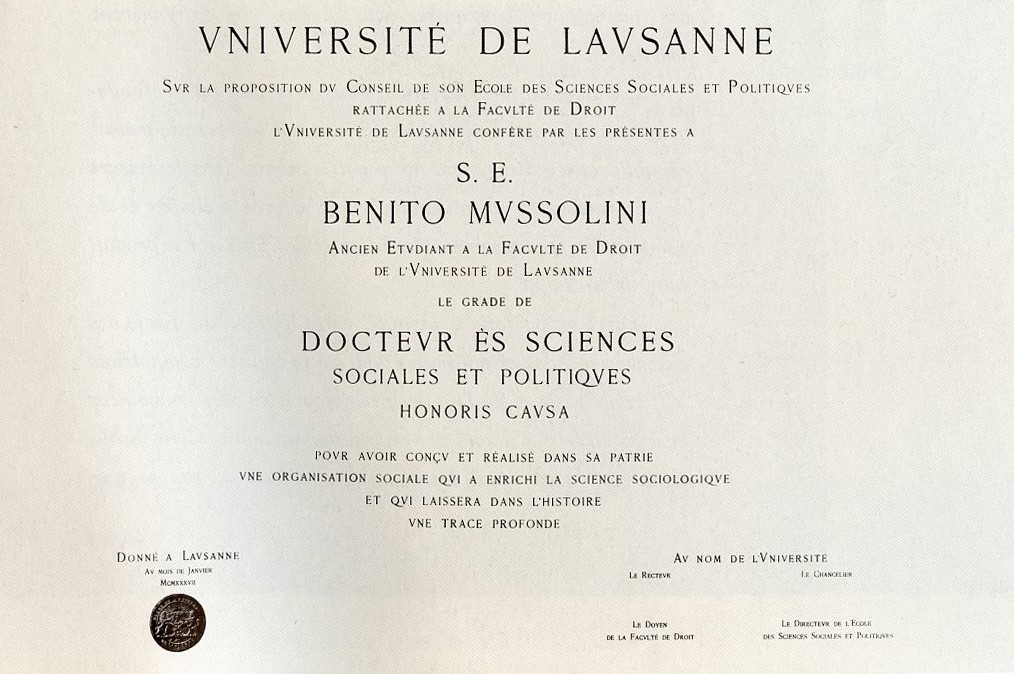

Switzerland Today
Greetings from Lausanne!
Here are the latest news and stories from Switzerland on Tuesday.

In the news: more drivers, Switzerland’s Eurovision contestant and International Women’s Day.
- The Swiss bank UBS has revealed it has $10 million (CHF9.3 million) of loans outstanding to clients hit by Western sanctions imposed in response to Russia’s invasion of Ukraine.
- Foreign firms who send employees to Switzerland on work assignments must respect minimum salary levels laid down in cantonal laws, say parliamentarians. The House of Representatives adopted this decision today. It now goes to the Senate.
- More and more Swiss residents are learning to drive and taking to the roads. The Federal Roads Office counted 6.14 million people with a car licence (out of a population of 8.6 million) at the end of last year – up 87,561 compared with 2020.
- Marius Bear, a musician from canton Appenzell Inner-Rhodes, (photo above) has been selected to represent Switzerland at this year’s Eurovision Song Contest in Turin, Italy, with his song “Boys Do Cry”.External link
- Various events were held across the country today to mark International Women’s Day. The focus of campaigning is on pension reform and government plans to increase the retirement age for women to 65, like men.
- The Swiss parliament has decided to ease restrictions on genetic engineering in agriculture, while extending in principle a moratorium for genetically modified organisms (GMOs) until 2025.

Rising Covid numbers in Switzerland but cantons are not worried.
The number of new registered Covid-19 infections is rising again in Switzerland, and unreported cases are thought to be high. Yet the cantons remain confident about the current virus situation, according to Swiss public radio SRFExternal link.
The Federal Office of Public Health (FOPH) reported 26,050 new infections on Tuesday. The seven-day daily average is up 43% more than the previous week. There are presently 1,532 people in hospital with Covid, of whom 138 are in intensive care. The reproduction rate is 1.28.
SRF reports on the situations in cantons Bern, Basel, Graubünden and Lucerne, which are reducing Covid structures and where officials don’t seem too concerned.
Canton Graubünden has reported an increase in the number of Covid cases.
“We currently have an incredible number of guests,” says the head of the Graubünden health department, Rudolf Leuthold. This is one reason for the increasing cases, as well as the end of Covid restrictions, he says. But Leuthold is confident that numbers will fall after the holiday period.
During the recent Lucerne carnival (photo above) tens of thousands of people partied in the Old Town in busy pubs, bars and restaurants; very few wore hygiene masks. Although the number of Covid cases has increased, the rise was not directly due to the carnival, says David Dürr, head of Lucerne’s health and sports department. The increase is also no higher than the national average, he adds.
In canton Bern, the situation in hospitals remains calm. The canton has been reducing various Covid–related structures. For example, all cantonal vaccination centres will be closed at the end of the month, apart from one. Test capacities and contact tracing work will also be downsized.

Mussolini’s controversial Swiss academic award.
In January 1937, the University of Lausanne (UNIL) awarded Benito Mussolini an honorary doctorate (photo above). This academic title sparked criticism at the time – and continues to do so.
On Tuesday a leftwing group of politicians filed a motion in the Vaud parliament calling for the title to be officially revoked. The issue is set to be discussed next week.
Mussolini was awarded the honorary doctorate “for having conceived and realized in his homeland a social organisation which has enriched sociological science and which will leave a profound mark on history”. The award was made to coincide with the university’s 400th anniversary.
Mussolini’s connection with Switzerland dates back to 1902 when he first travelled to the country as a young unemployed teacher looking for work. He survived as a labourer and frequented Socialist circles, where he began to get noticed as an orator and journalist.
In Lausanne he was arrested for vagrancy. Canton Bern also expelled him after inciting Italian workers to strike. The federal police kept an eye on him, considering him a dangerous agitator.
In 1904 he returned to Lausanne, where he enrolled at the university’s Faculty of Social and Political Sciences. He later returned to Italy in November of that year, thanks to an amnesty that prevented him being sentenced as a draft-dodger. Mussolini maintained close ties with canton Vaud and its capital, and with certain members of the Italian community.
The issue of the honorary doctorate is “regrettable” and creates “unease”, according to the new university rector, Frédéric Herman.
“All I would like to say is that UNIL’s values are the opposite of fascism. What is important is to be able to look at your past. Like any institution, we are fallible, and in this case, we failed,” he told Swiss public radio RTS.
But the rector says withdrawing the award posthumously is complicated. The university has set up a group of internal experts to examine the question. It should complete its work by the spring in order to have a clear institutional position, says Herman.

Travelling to Ukraine to fight.
Over 20,000 people from 52 countries have already volunteered to fight in Ukraine, where they will serve in a newly created international legion, according to Ukrainian Foreign Minister Dmytro Kuleba.
Swiss public radio RTSExternal link reports on the phenomenon and interviews Caleb*, a Franco-Swiss man who is interested in joining the foreign legion in Ukraine to defend peace and democracy.
Caleb realises that if he leaves for Ukraine, he risks breaking the law. Under Swiss law, anyone who leaves to fight in a foreign country or join a foreign army could be imprisoned for up to three years or fined.
This was not always the case. The Swiss have had a long history of fighting overseas for other armies. Many Swiss men earned money as foreign soldiers well into the 19th century. Their heyday was between the 15th-18th centuries. It was not until the founding of the Swiss federal state that Swiss mercenaries were reined in. Swiss citizens, however, continued to serve in foreign military services, for example, in the French Foreign Legion or as Spanish brigadists. Swiss soldiers are still active abroad in the papal Swiss Guard in Rome, protecting the Pope.
*name withheld.

In compliance with the JTI standards
More: SWI swissinfo.ch certified by the Journalism Trust Initiative






























